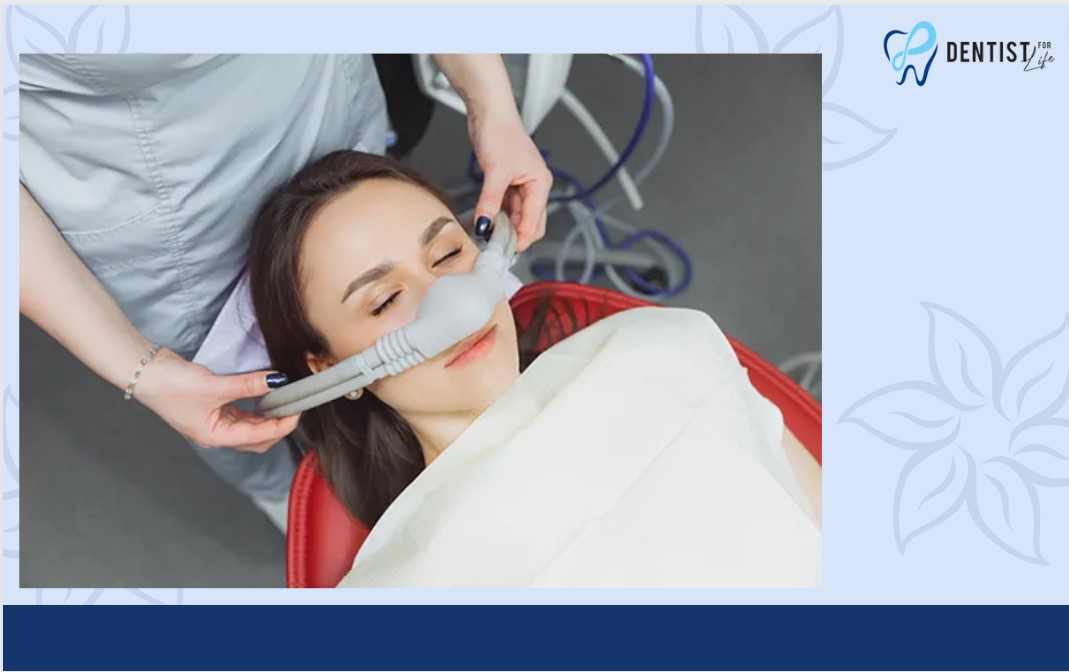Intravenous (IV) sedation is a form of anesthesia administered through a vein. It induces relaxation, alleviates pain, and is commonly used for minor medical procedures that do not necessitate deep general anesthesia.
IV sedation is also referred to as monitored anesthesia care (MAC), conscious sedation, or twilight sleep.This article provides an overview of the different types of IV anesthesia, their applications, and essential information for individuals preparing for procedures requiring anesthesia.
Levels of IV Sedation in Monitored Anesthesia Care
During monitored anesthesia care, different levels of sedation can be utilized based on the surgical procedure. The amount of anesthesia administered can vary, ranging from a minimal dose to induce a light sleep to a deeper sedation level. The patient’s ability to move around may or may not be affected. In most cases, patients can breathe on their own, eliminating the need for intubation (the insertion of a tube into the windpipe). The patient’s memory of the procedure can vary depending on the extent of sedation and medications used.
The American Society of Anesthesiologists (ASA) recognizes three primary levels of sedation:
- Minimal: Patients are relaxed, awake, and able to follow some instructions.
- Moderate: Patients feel drowsy or sleepy and may not recall parts or all of the procedure.
- Deep: Patients are asleep for most of the procedure and are likely to have minimal recollection.
Before commencing the procedure, your healthcare provider should explain the intended level of sedation to you.
See More: What can i eat after tooth extraction
Advantages of IV Sedation

IV sedation offers numerous benefits when used in plastic surgery and other procedures, including:
- Quick onset of action
- Speedy recovery
- Adjustable dosage
- Minimal impact on vital signs
- Reduced side effects
- Lower risks compared to general anesthesia
- Patient cooperation
- Avoidance of a breathing tube
These advantages make IV sedation an appealing option for various medical interventions.
Risks of IV Sedation
It is important to be aware of the potential risks associated with IV sedation. These risks may include:
- Oversedation
- Headache
- Nausea
- Drowsiness
- Reduced drive to breathe
- Respiratory compromise, which may require the use of a breathing tube
- Aspiration pneumonia, where food or drink is inhaled into the airways or lungs
- Increased pain
It is crucial to understand and discuss these risks with your healthcare provider before undergoing IV sedation.
See More: Dentures permanent
Steps to prepare for IV sedation
Preparing for IV sedation requires more attention than a typical dental appointment due to the effects it has on your mental faculties. Here’s what you need to know about the preparations, the procedure itself, and what to expect afterward:
Preparing for IV Sedation
Before your appointment, your dentist will provide you with specific instructions. These may include wearing comfortable clothing, fasting for 6-8 hours prior to the sedation, and discontinuing certain medications (unless otherwise advised). It is important to provide a detailed medical history and inform your dentist of any recent changes. Additionally, arrange for a designated driver to accompany you to and from the appointment.
During the IV Sedation
Once you are seated in the dental chair, a qualified dental professional will administer an IV in your hand or arm. If necessary, you may also receive other medications through the IV, such as pain relievers, anti-inflammatories, or steroids. Throughout the procedure, the dentist will closely monitor your pulse, breathing, and blood pressure to ensure your safety and detect any potential adverse reactions. You will quickly experience a state of deep relaxation, becoming unaware of your surroundings.
See More: Wisdom teeth extraction aftercare
After the IV Sedation
Following the procedure, you may feel slightly drowsy for a few hours. Your driver will receive post-procedure instructions from the dentist and take you home. It is important to clear your schedule for the next 24 hours and avoid strenuous activities, unapproved medications, alcohol, operating heavy machinery, or making significant decisions. Although complications from sedation are uncommon, if you suspect any issues, contact your dentist immediately.
Determining Your Suitability for IV Sedation

Before your dentist schedules you for IV sedation, they will conduct a thorough health evaluation, which includes reviewing your medical history and medications. In some cases, older patients or those with significant medical considerations might need to consult their primary care physician or a medical specialist. Generally, individuals who are considered good candidates for IV sedation include:
- Those who experience moderate to high dental anxiety
- Those requiring more extensive or painful dental procedures
- Individuals with a strong gag reflex
- Those needing longer or multiple dental treatments
Ultimately, your dentist is best equipped to assess whether IV sedation is suitable for you. Keep in mind that dentists need additional training to offer IV sedation, so it’s advisable to check with your dental office regarding their available options. If dental anxiety is hindering you from receiving necessary treatment, it’s important to explore methods for achieving a relaxed and comfortable dental experience.
What to Expect with IV Sedation?
Once IV sedation is administered, patients commonly experience the following sensations:
Deep relaxation throughout the body
- A sense of calmness
- Limited to no awareness of the environment
- Rapid onset of effects
Intravenous (IV) Sedation at Dentist For Life
In conclusion, Intravenous (IV) Sedation at Dentist For Life represents a significant advancement in dental care, providing patients with a safe and effective means of achieving relaxation and comfort during various dental procedures.
Whether you are anxious about dental treatments or require extensive dental work, IV sedation can make your experience more comfortable and less stressful.
Our dedicated team at Dentist For Life is committed to ensuring your dental visits are as pain-free and anxiety-free as possible.
By offering IV sedation, we aim to make your dental journey a positive and worry-free one, helping you maintain optimal oral health with ease and confidence. Don’t let dental anxiety prevent you from getting the care you need; consider the benefits of IV sedation and schedule your appointment today.
Your comfort and well-being are our top priorities, and we look forward to providing you with exceptional dental care at Dentist For Life.


